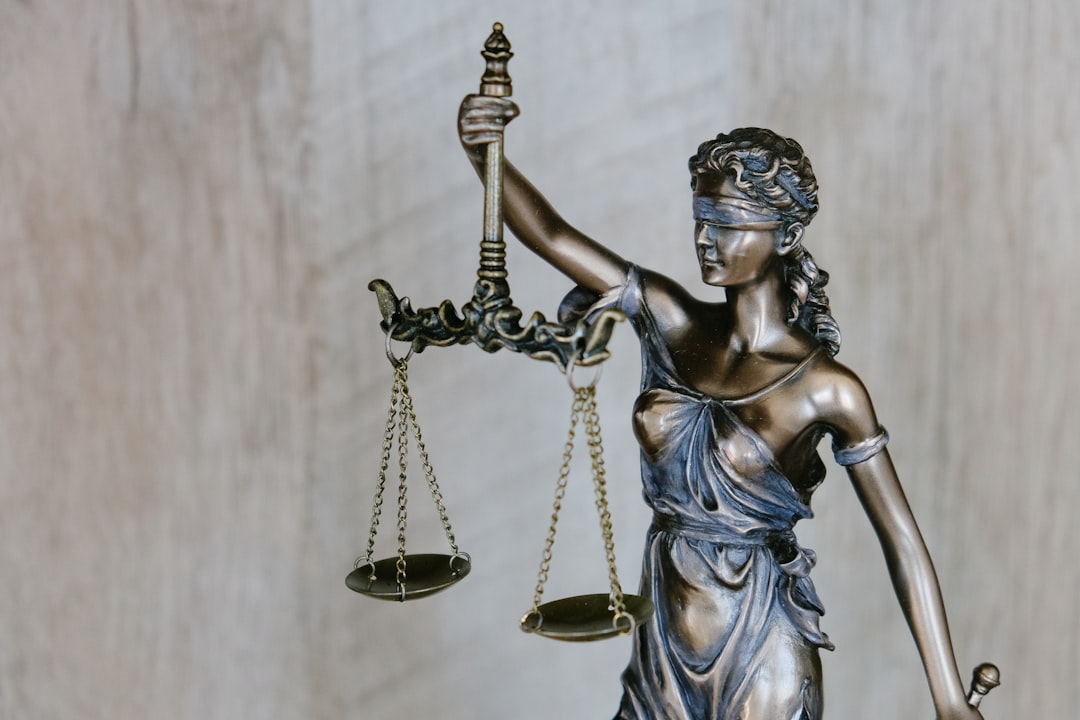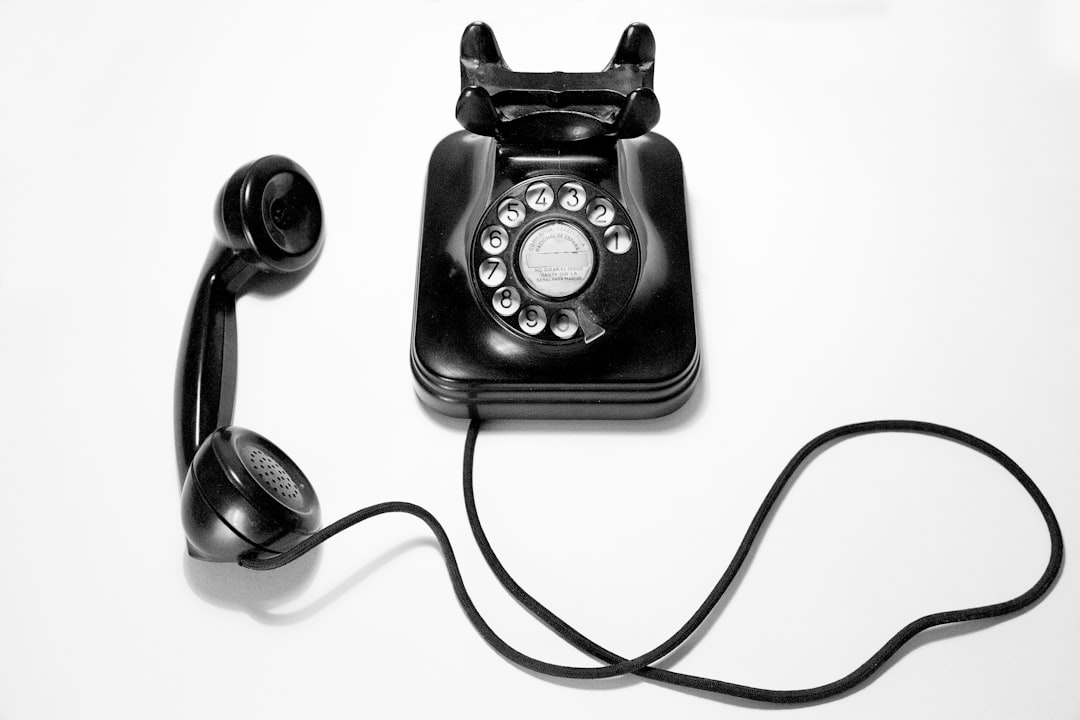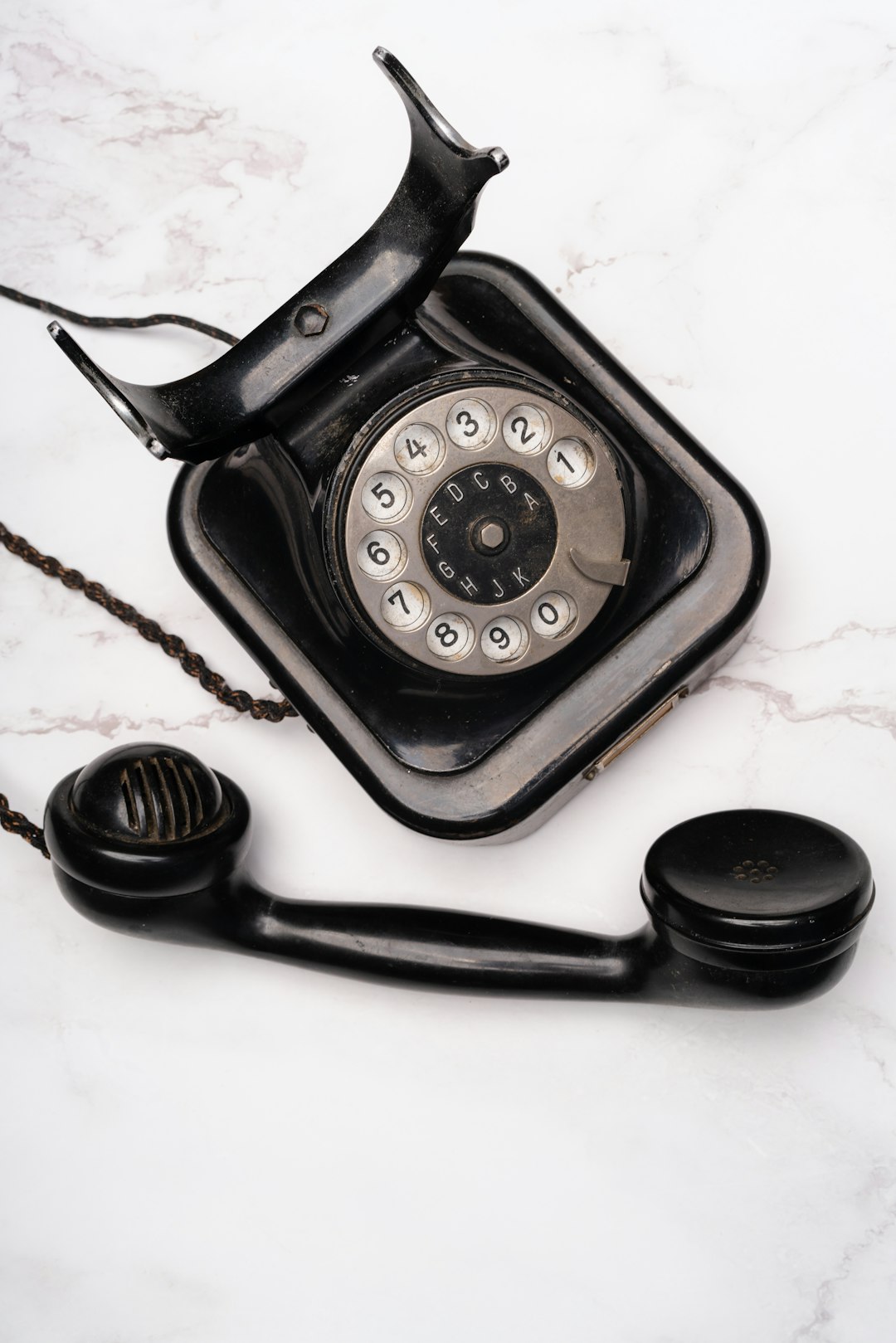When receiving unsolicited charity calls in Sarasota, FL, verify organizations' legitimacy by asking for details and confirming registration with official channels. Refuse calls politely, document interactions, and know your rights under the Telemarketing and Consumer Fraud Act (TCFA) to stop harassment and protect against potential scams from "unwanted call attorney Florida" scammers.
Receiving an unsolicited call from a charity can be frustrating, but knowing how to handle it is crucial. This guide navigates common charity solicitation methods, helping you verify the legitimacy of such calls in Sarasota, Florida. We explore your rights to refuse and opt-out, offering strategies to document these interactions. Furthermore, we delve into legal recourse for unwanted calls escalating to harassment, with insights from an experienced Florida unwanted call attorney.
Understand Common Charity Solicitation Methods
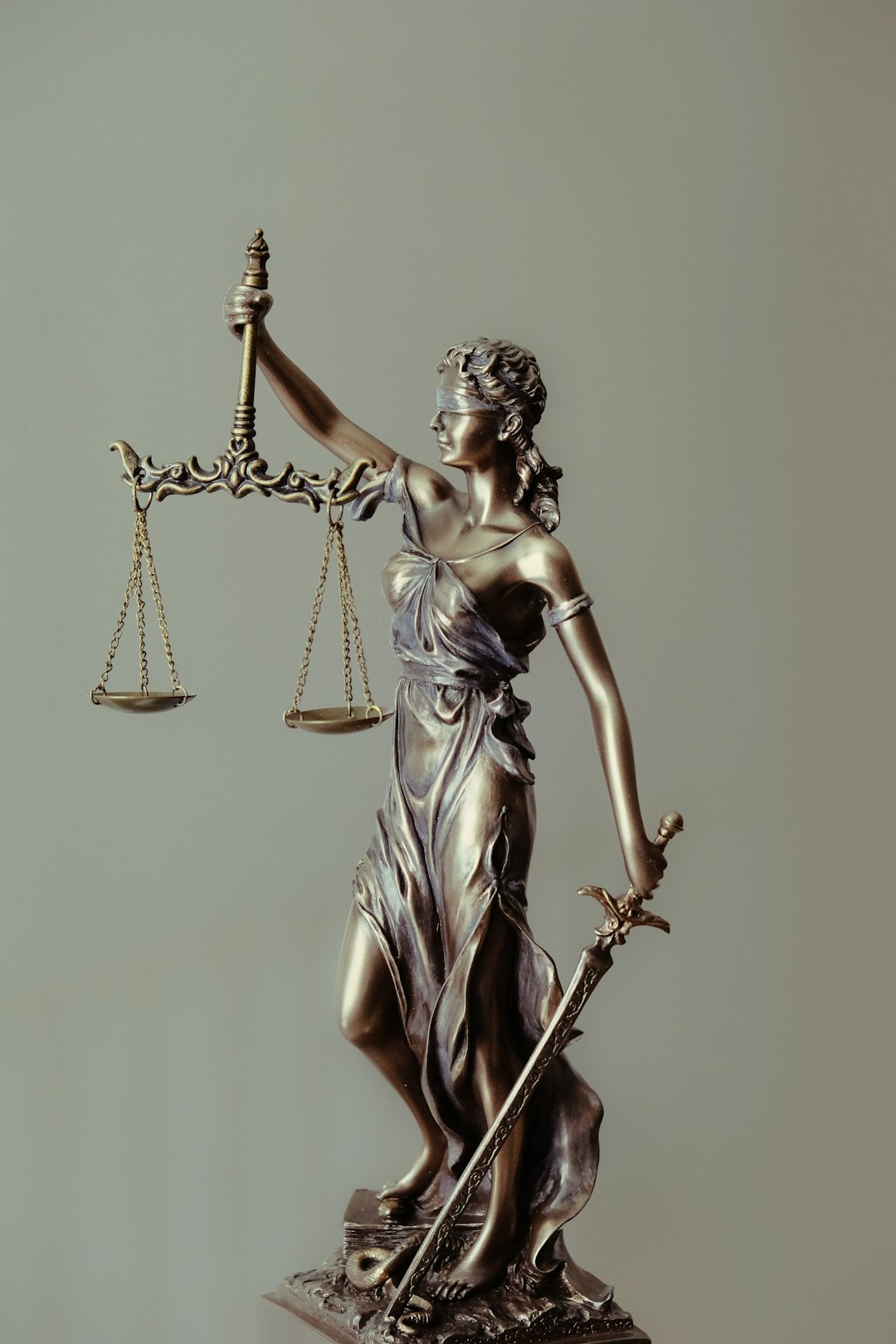
When it comes to charity solicitations, scammers often employ various tricks to trick unsuspecting individuals into donating. One common method is unsolicited phone calls from charlatan charities claiming to represent reputable organizations. These deceptive callers may use high-pressure sales tactics or even pose as attorneys, saying they’re protecting your rights or helping with legal matters related to the donation. In Florida, it’s important to be wary of such unwanted calls and do your research before responding.
To protect yourself from potential scams, understand that legitimate charities typically have established procedures for fundraising and donation requests. They won’t make urgent demands over the phone or threaten legal action if you don’t donate immediately. If you receive an unsolicited call from a charity claiming to be in Sarasota, Florida, verify their authenticity through official channels, such as visiting their website or contacting them through verified contact information provided by reputable sources.
Verify the Charity's Legitimacy and Registration
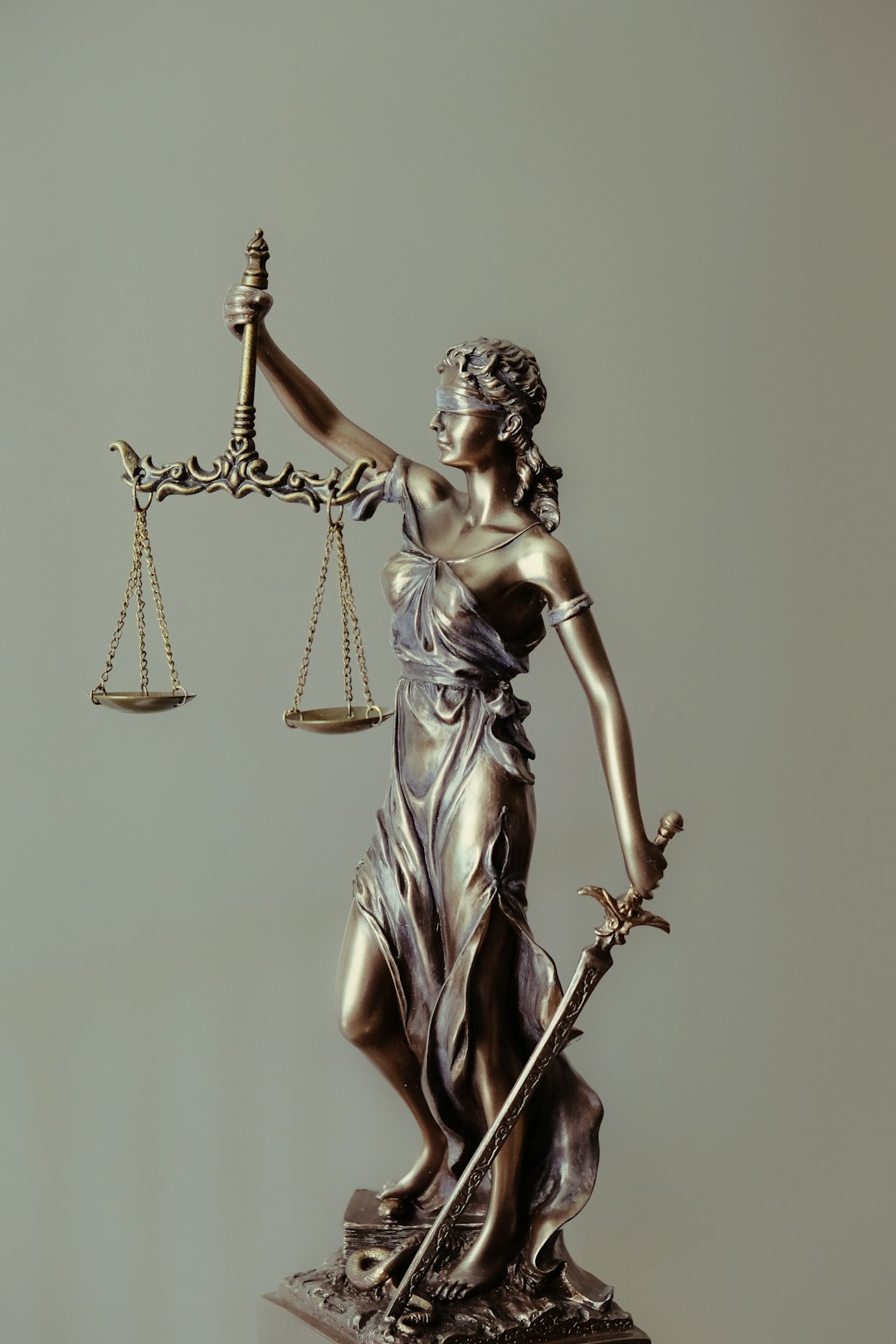
When faced with an unsolicited call from a charity in Sarasota, one of the first steps is to verify the organization’s legitimacy and registration. It’s common for scammers to impersonate charities, so it’s crucial to confirm their authenticity before making any donations or sharing personal information. Start by asking the caller for their name, the name of the organization they represent, and specific details about the charity’s mission and registration status in Florida. Legitimate charities will readily provide this information upon request.
You can further investigate by checking with reputable sources such as the Florida Attorney General’s Office or the state’s charitables registry to ensure the organization is legally registered and has not been involved in any fraudulent activities. This simple step can protect you from potential scams and ensure your contributions reach genuine charitable causes.
Know Your Rights: Refusal and Opt-Out Options
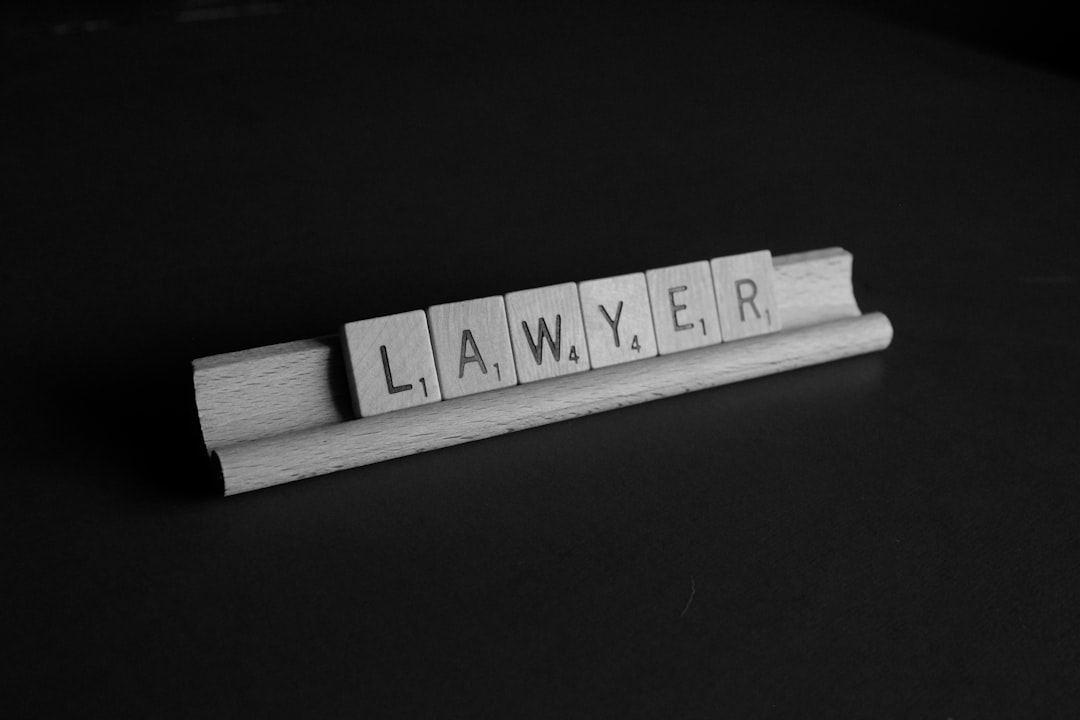
When you receive an unsolicited call from a charity in Sarasota, it’s important to know your rights and understand the refusal and opt-out options available to you. According to Florida law, charities must obtain prior consent before calling individuals, or they risk being considered as unwanted calls. You have the right to decline such calls and even ask for your name to be removed from their caller lists.
A simple “no thanks” or “remove me from your list” is enough to assert your preference. The organization should respect your decision and cease further contact. If you’re facing persistent or harassing calls, consult an unwanted call attorney in Florida who can guide you through legal options available to protect your privacy and put a stop to these unwanted intrusions.
Documenting the Call: What to Record
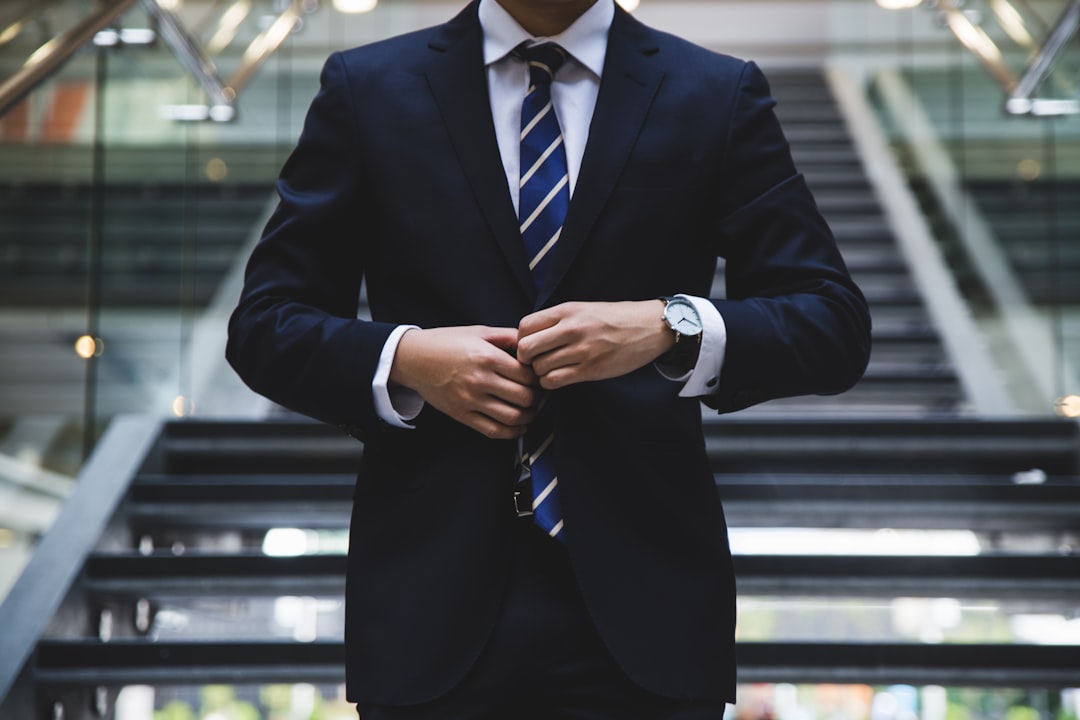
When dealing with an unwanted call from a charity in Sarasota, documenting the interaction is crucial. There are several key aspects to record during or after the call. First, note down the full name and contact details of the caller, including any identifying information they provide. Next, accurately describe the purpose of the call, what services or items were being promoted, and any promises made about the charity’s intentions or benefits. It’s also important to mention if any pressure tactics or aggressive sales techniques were employed.
Additionally, record the date, time, and duration of the call, as well as a summary of the conversation’s key points. Documenting these details can be invaluable if you decide to consult with an unwanted call attorney in Florida, as it provides clear evidence of the interaction and helps establish any potential legal grounds for further action.
Legal Recourse: When Unwanted Calls Become Harassment

If an unsolicited charity call becomes persistent, harassing, or causes you distress, it’s important to know your rights and legal recourse. In Florida, the Telemarketing and Consumer Fraud Act (TCFA) protects consumers from unwanted telemarketing calls, including those from charities. If a charity violates these rules by repeatedly calling you after being asked to stop, you may have grounds for legal action.
Seeking advice from an experienced unwanted call attorney in Florida can help clarify your options and determine the best course of action. These attorneys specialize in TCFA cases and can assist with sending cease-and-desist letters, filing complaints with relevant authorities, or even pursuing litigation if necessary to stop the unwanted calls and secure damages for any emotional distress caused.
